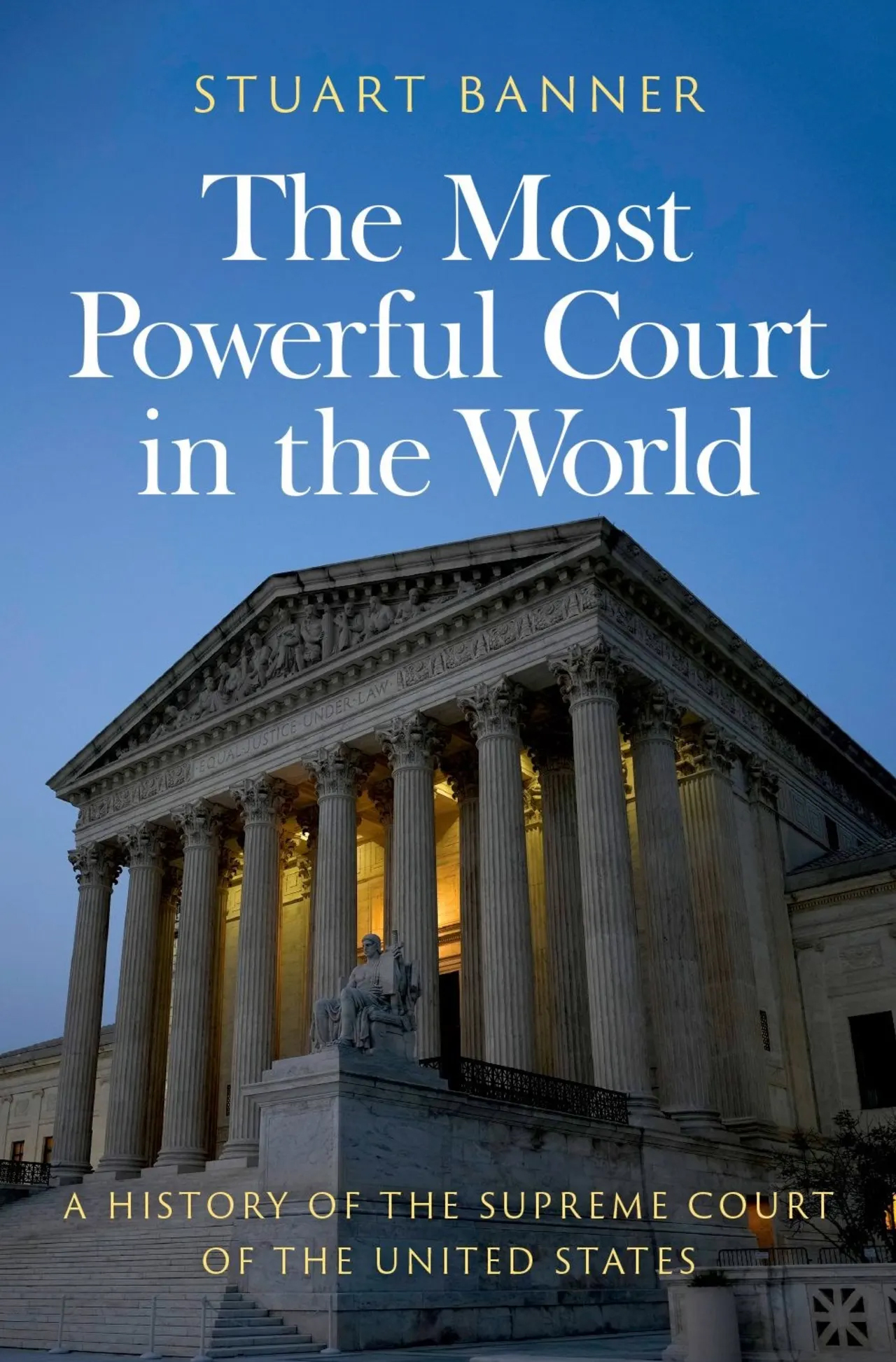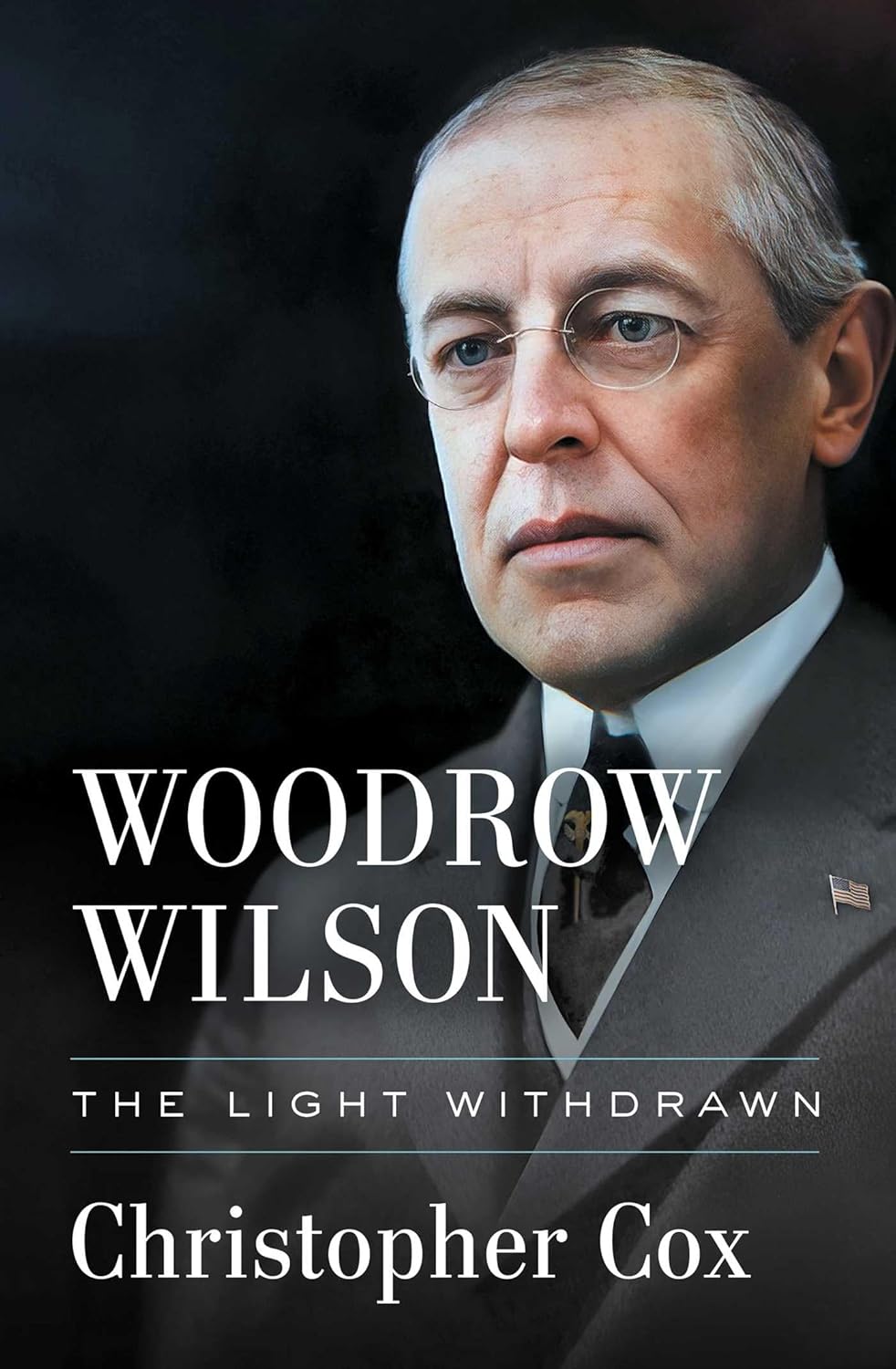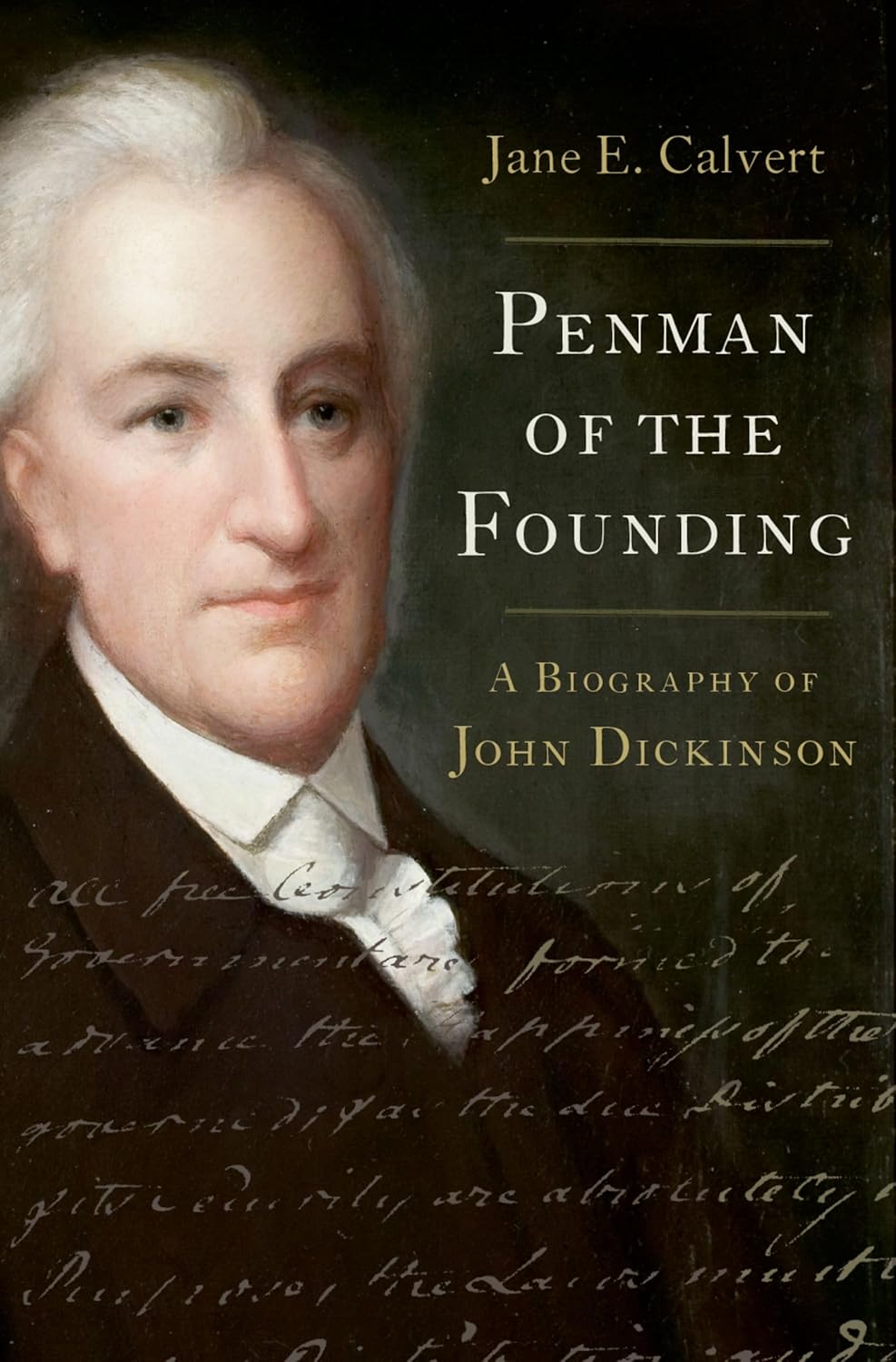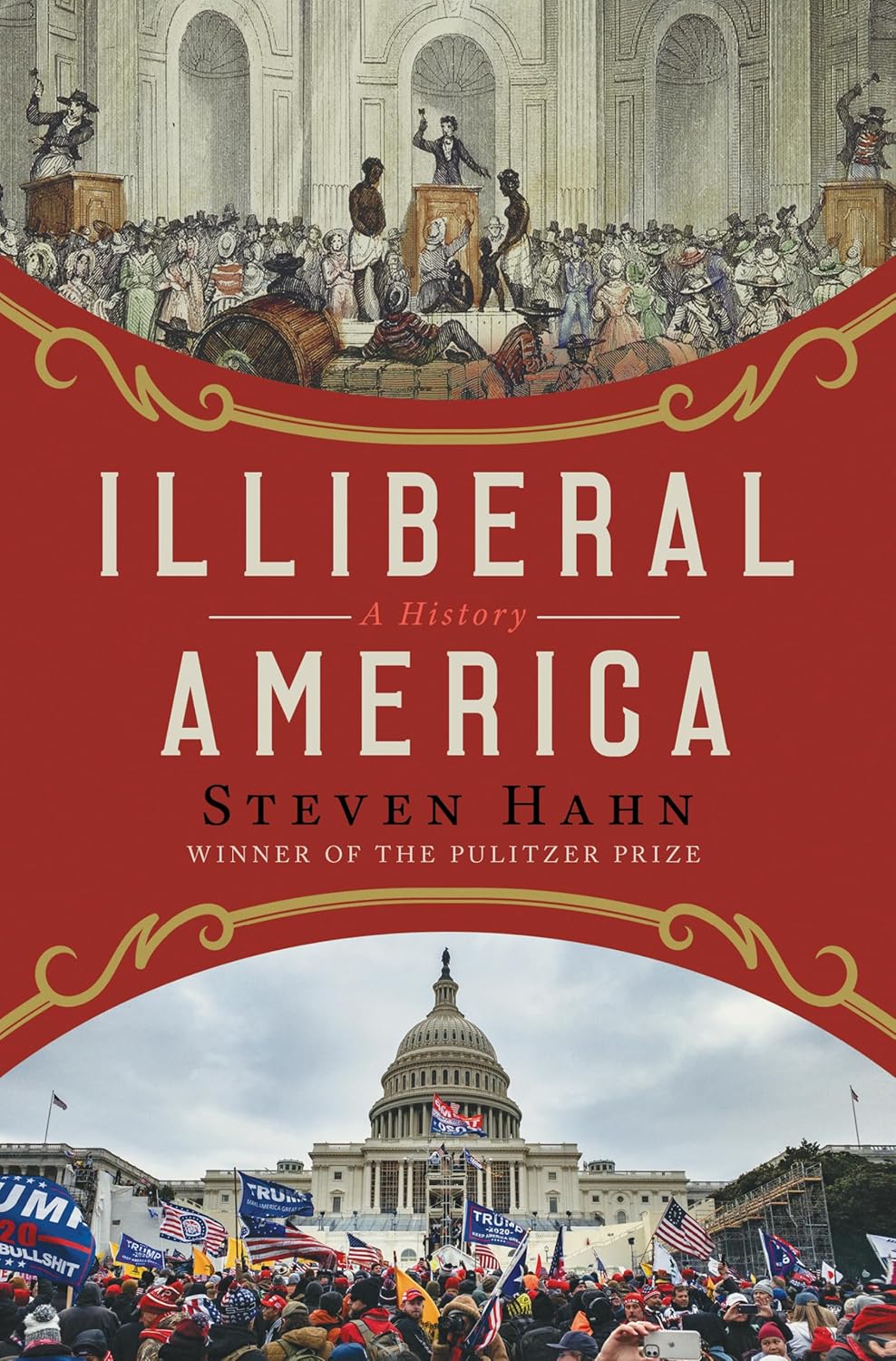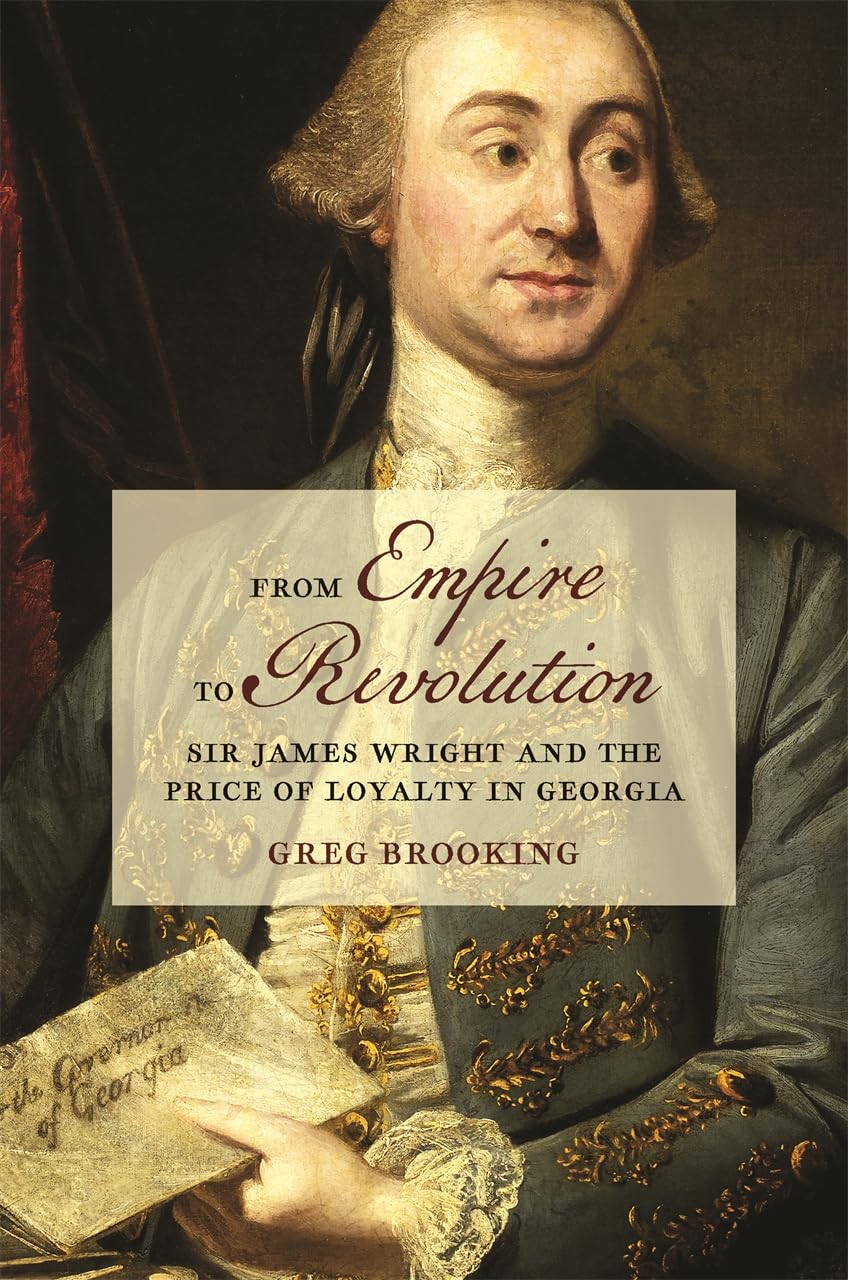Will abortion be legal? Should people of the same sex be allowed to marry? Stan’s guest is UCLA law professor Stuart Banner, discussing his latest and very timely book, The Most Powerful Court in the World: A History of the Supreme Court of the United States, published in November by Oxford University Press.
